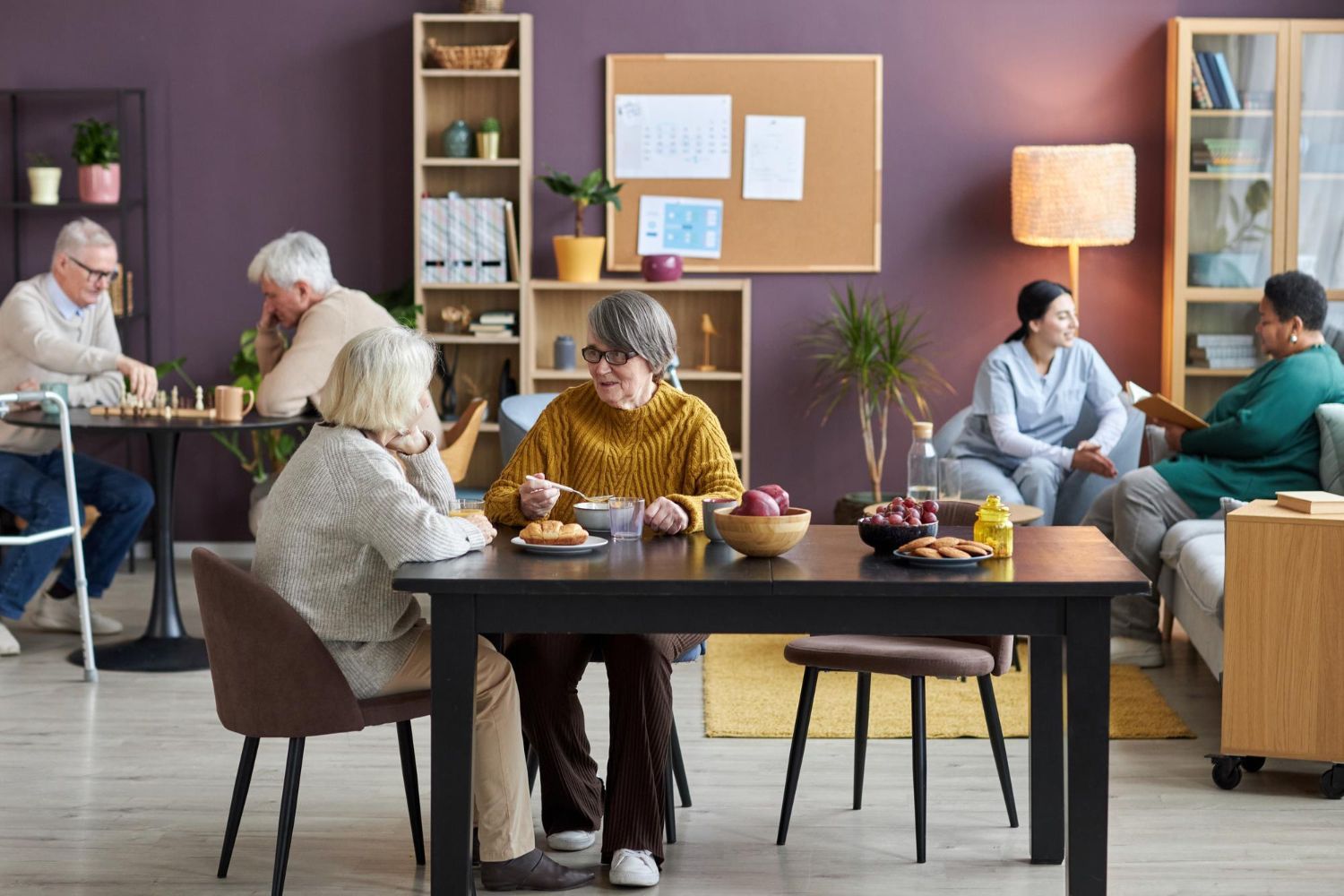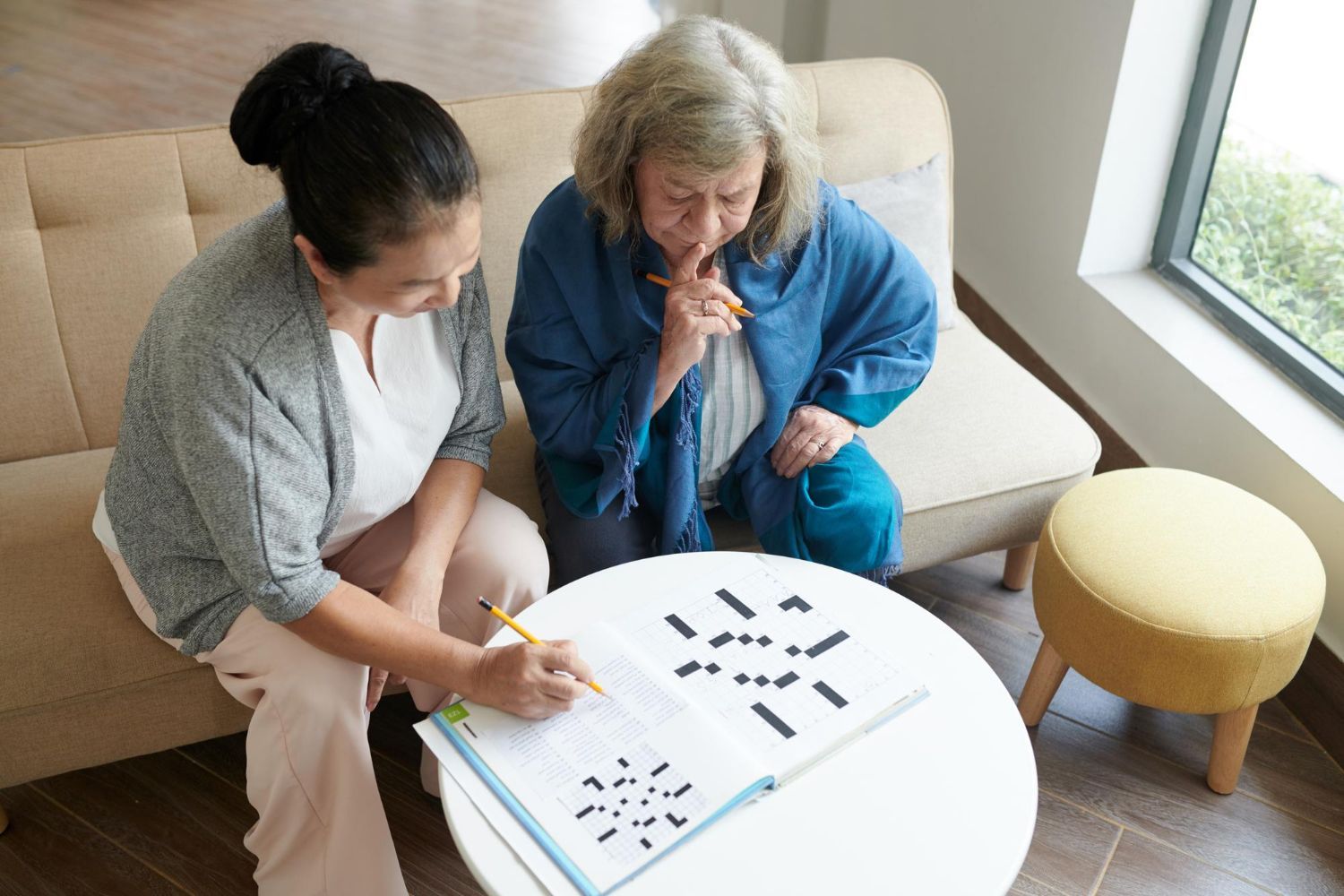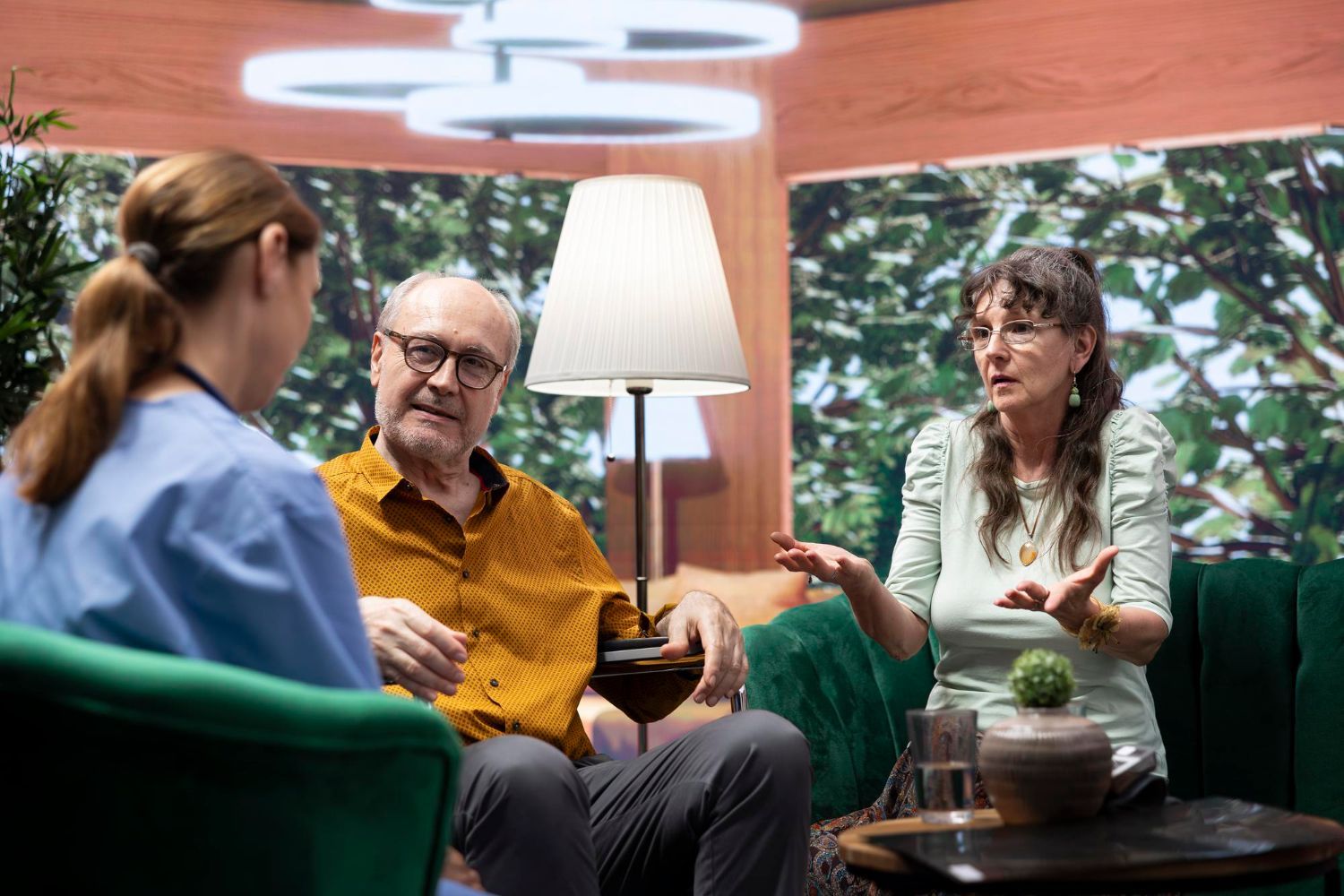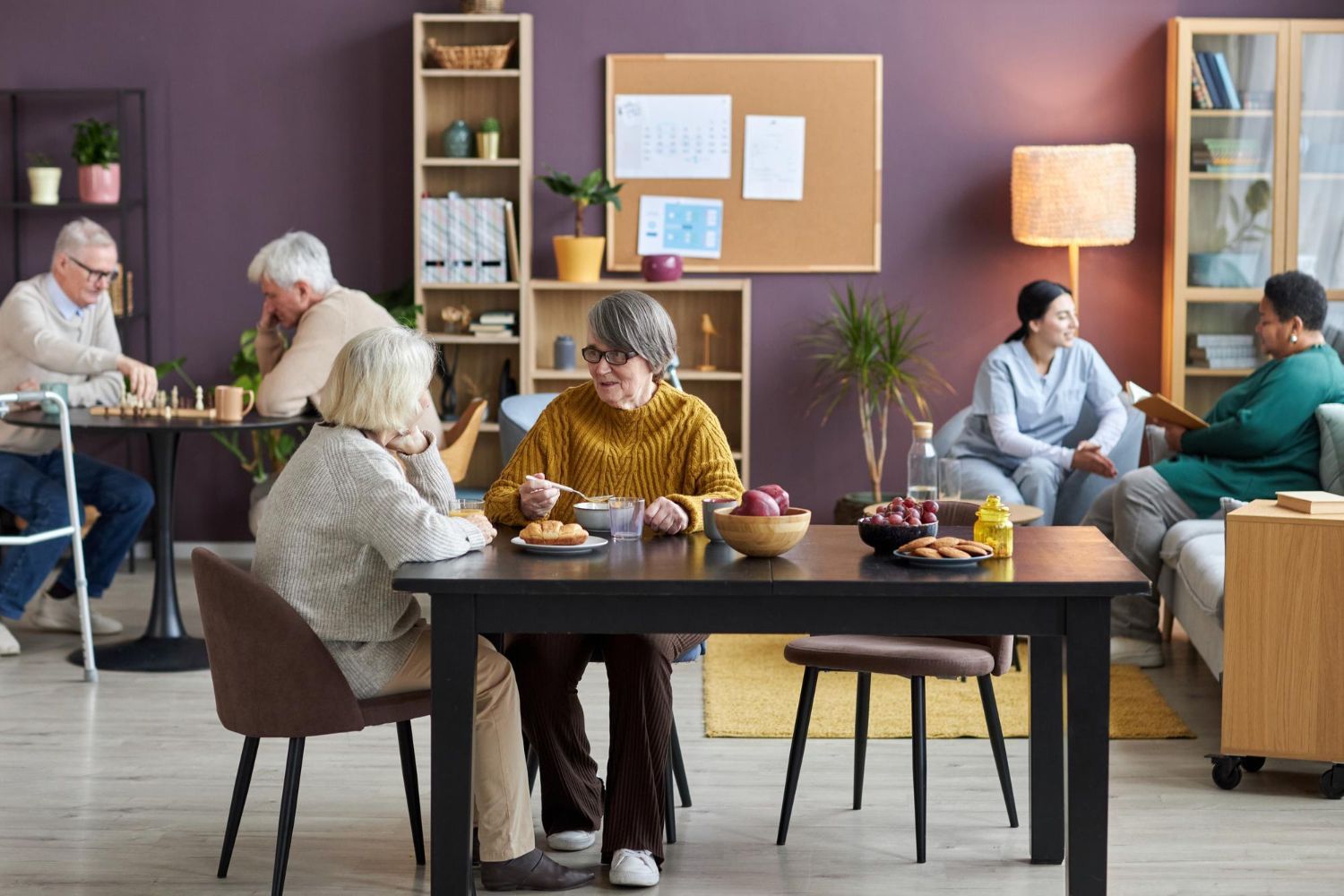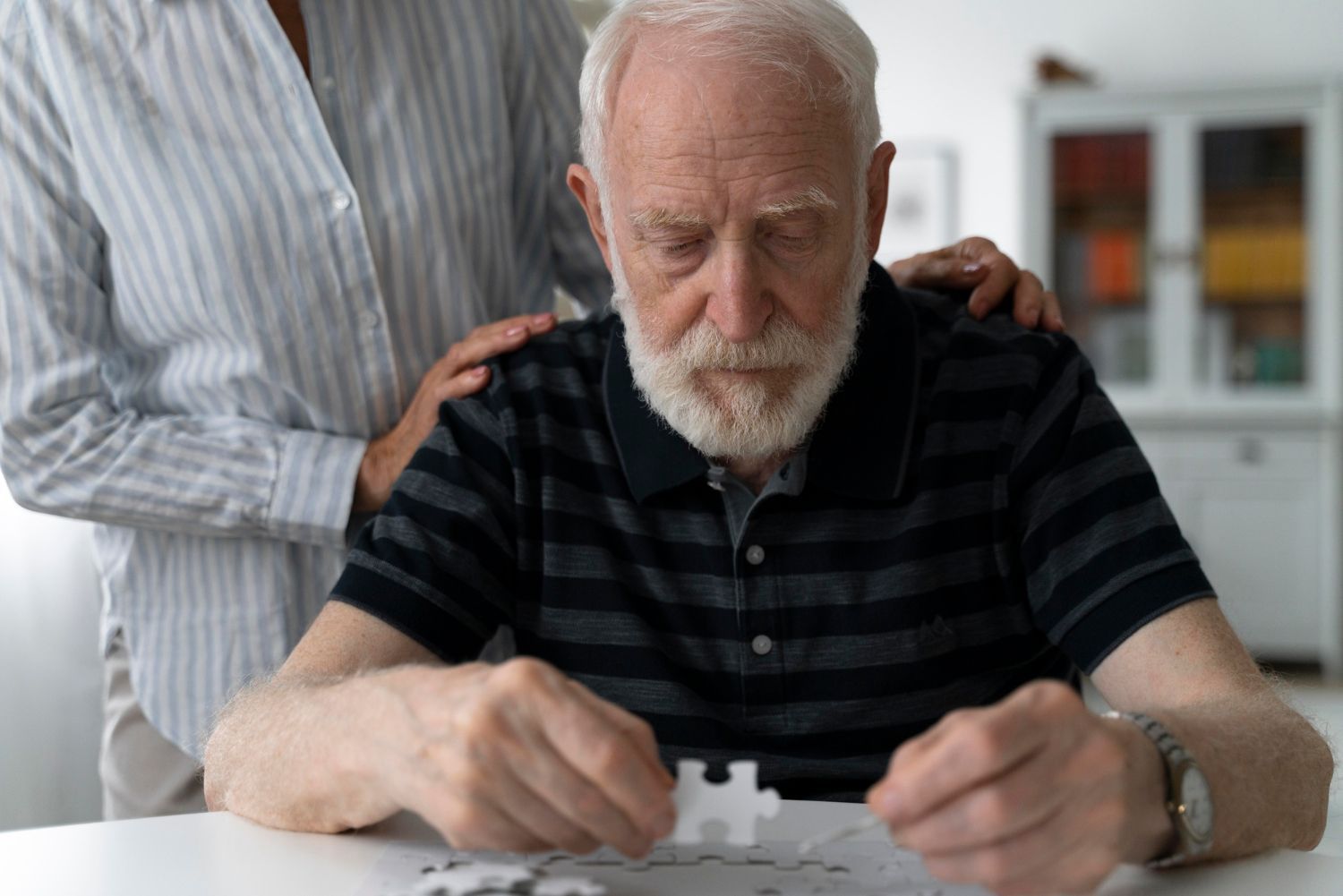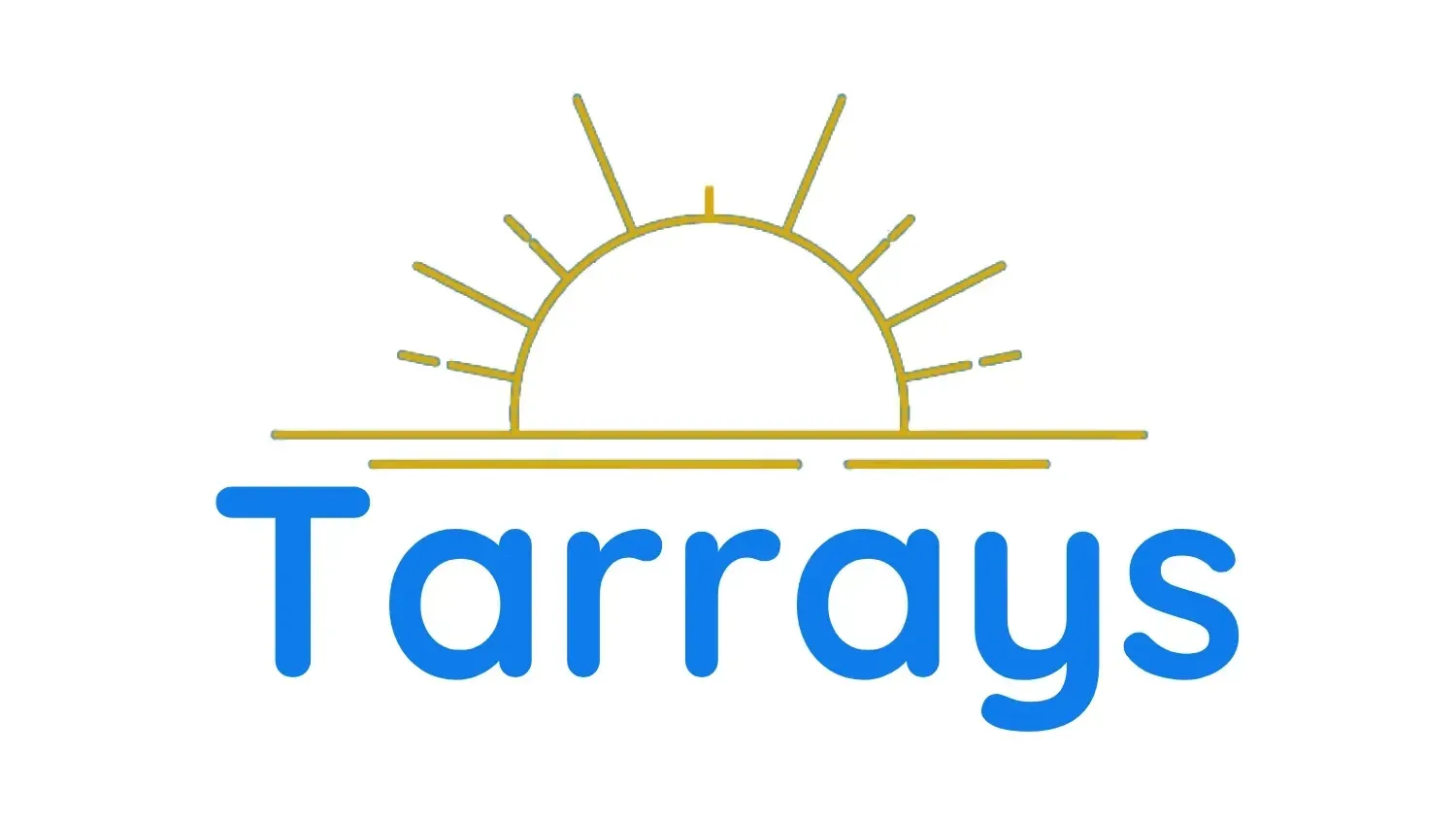Integrating healthcare and NDIS support: creating holistic care pathways
Understanding the connection between healthcare and the NDIS
In Australia, the National Disability Insurance Scheme (NDIS) and the healthcare system both play vital roles in supporting individuals living with disabilities, chronic conditions, or complex health needs. However, these systems often operate separately, leading to confusion about who provides what type of care and how services interact.
For many participants and families, navigating these systems can feel overwhelming. Health conditions that affect daily living may require both clinical treatment and functional support. Without proper coordination, important aspects of care can fall through the cracks.
At Tarrays, we recognise that people don’t live their lives in separate boxes labelled “healthcare” and “NDIS.” True wellbeing comes from an integrated, person-centred approach — one that combines clinical care, therapeutic services, and community-based supports into a seamless experience.
Why integration matters
The line between healthcare and disability support can sometimes blur. For example, someone recovering from a stroke might need both medical rehabilitation (through healthcare) and assistance with personal care or home modifications (through the NDIS).
When these supports operate in isolation, participants may face:
- Service duplication, where two providers deliver overlapping care.
- Gaps in communication, leading to inconsistent or delayed support.
- Stress for families and participants, who must coordinate complex systems on their own.
Integration addresses these challenges by creating a single, unified plan where healthcare providers, NDIS coordinators, and support workers collaborate toward shared goals. This ensures that physical, emotional, and social needs are all considered in the care journey.
Tarrays’ approach to integrated care
Tarrays is committed to bridging the gap between the NDIS and healthcare sectors through strong communication, collaboration, and continuity of care. Our model is built on three key principles:
- Collaboration with health professionals
We work closely with general practitioners, nurses, allied health professionals, and hospitals to ensure that participants receive the right balance of medical treatment and day-to-day support. By maintaining open communication, we help healthcare providers understand how NDIS supports complement their clinical goals. - Personalised, holistic planning
Every Tarrays participant has a tailored plan that addresses their full range of needs. Whether it’s physical therapy, personal care, or community participation, each service is designed to enhance overall wellbeing. Our team coordinates with both medical and NDIS stakeholders to keep care plans aligned and effective. - Empowering participant choice and control
Integration doesn’t mean taking control away from individuals. On the contrary, it ensures that participants have more say in how their healthcare and NDIS supports work together. Tarrays helps clients understand their options and make informed decisions about who provides their care and how it fits into their lifestyle.
The benefits of a holistic pathway
A truly holistic approach considers the whole person — not just their diagnosis or funding category. When healthcare and NDIS supports are integrated, participants experience:
- Improved health outcomes, as early interventions are easier to coordinate.
- Smoother recovery and rehabilitation, with consistent follow-up across services.
- Reduced stress for families, as administrative burdens are shared by a coordinated team.
- Better resource use, ensuring funding from both systems delivers maximum benefit.
This model not only improves individual wellbeing but also strengthens the overall efficiency and quality of Australia’s care system.
Real-world examples of integration
At Tarrays, we have seen the power of collaboration firsthand. For instance, clients transitioning from hospital back into community care often require both medical monitoring and home-based support. Our nurses and support workers work alongside healthcare professionals to ensure medication management, mobility assistance, and personal care are delivered safely and consistently.
Similarly, participants accessing allied health therapies under the NDIS benefit from clear communication between therapists, carers, and family members — ensuring progress made in therapy continues at home.
The future of coordinated care
As Australia’s NDIS and healthcare systems evolve, integration will become even more important. A coordinated approach will ensure that individuals are not defined by their medical condition or disability, but supported as whole people with goals, preferences, and potential.
Tarrays is proud to be part of this change. By fostering collaboration between sectors and advocating for seamless service delivery, we are helping to create a more compassionate, effective, and inclusive model of care.
The Tarrays commitment
Our vision is simple: to make quality care accessible, connected, and empowering. Through integrated healthcare and NDIS pathways, Tarrays ensures every participant receives the right support at the right time — for better health, greater independence, and a life lived with dignity.


